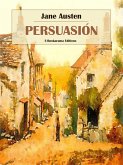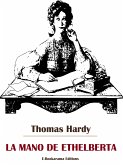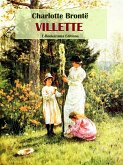"North and South" is a social novel by English writer Elizabeth Cleghorn Gaskell, written at the request of Charles Dickens and published anonymously in serial form in Household Words from 1854 to 1855 and in book form in 1855. With "Wives and Daughters" (1865) and "Cranford" (1853), it is one of her best-known novels and was adapted for television three times This story of the contrast between the values of rural southern England and the industrial north has a psychological complexity that anticipates George Eliot's novels of provincial life. In "North and South", Elizabeth Gaskell skillfully fuses individual feeling with social concern, and in Margaret Hale creates one of the most original heroines of Victorian literature. Synopsis When her father leaves the Church in a crisis of conscience, Margaret Hale is uprooted from her comfortable home in Hampshire to move with her family to the north of England. Initially repulsed by the ugliness of her new surroundings in the industrial town of Milton, Margaret becomes aware of the poverty and suffering of the local mill workers and develops a passionate sense of social justice. This is intensified by her tempestuous relationship with the mill-owner and self-made man, John Thornton, as their fierce opposition over his treatment of his employees masks a deeper attraction.
Dieser Download kann aus rechtlichen Gründen nur mit Rechnungsadresse in A, B, BG, CY, CZ, D, DK, EW, E, FIN, F, GR, HR, H, IRL, I, LT, L, LR, M, NL, PL, P, R, S, SLO, SK ausgeliefert werden.









